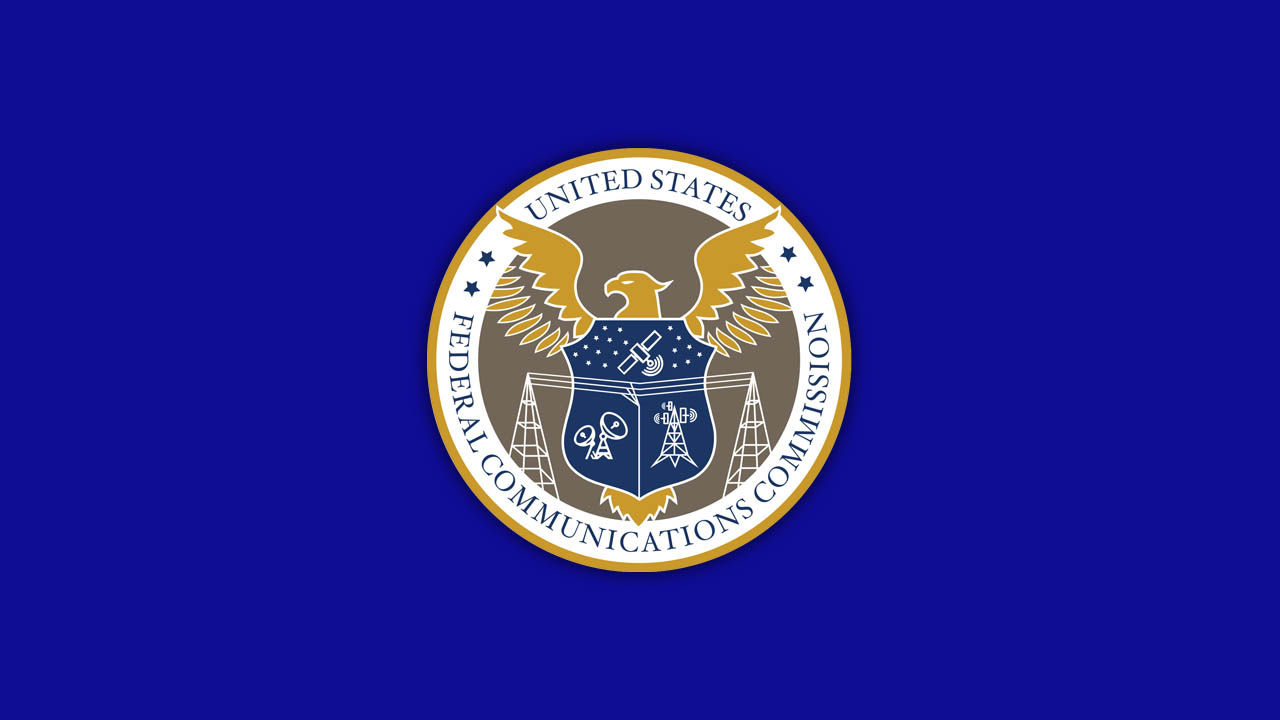
The U.S. Federal Communications Commission has enacted rules to stop “digital discrimination” and more, expanding the “Digital Equity” plan launched last month by the Biden administration.
The widely reported intent of the new rules adopted by the FCC is to stop “digital discrimination” from internet server providers or related services, but the language in the drafted proposal has been scrutinized for being too broad in scope.
Texas Senator Ted Cruz and 27 other politicians penned a letter saying while the bipartisan Infrastructure Investment and Jobs Act (IIJA) told the FCC To “prevent digital discrimination of broadband access based on income level, race, ethnicity, color, religion, or national origin,” the proposed rules are “untenably broad and inconsistent with the plain meaning of the statute.”
The FCC’s own draft notes the new regulatory powers over the internet will let them investigate and punish “policies or practices, not justified by genuine issues of technical or economic feasibility” that impact consumers access to broadband internet based on “income level, race, ethnicity, color, religion or national origin, or (2) are intended to have such differential impact.”
Cruz and other Senators point to the subsequent text, proposed after the anti-discrimination statute was enacted, which as is could give the federal government nearly unlimited regulatory power over internet providers and or companies.
“Under the rules we adopt today, we will investigate conduct alleged to be motivated by discriminatory intent, as well as conduct alleged to have discriminatory effect, based on income level, race, ethnicity, color, religion, or national origin,” the FCC said in the draft.
There’s a clear divide here between actual, documented discrimination and alleged discrimination, the latter of which anyone can claim a company or service is discriminating on them and bring on federal investigation. The new proposed rules go even further than that, though.
FCC commissioner Brendan Carr was quite outspoken in his disapproval of the proposed changes and rules, noting the proposed rules “would give the federal government a roving mandate” to “micromanage nearly every aspect of how the Internet functions.”
Carr’s letter goes further into the FCC’s proposal, pointing out it would become able to regulate:
- “network infrastructure deployment, network reliability, network upgrades, network maintenance, customer-premiss equipment, and installation”;
- “speeds, capabilities, latency, data caps, throttling, pricing, promotional rates, imposition of late fees, opportunity for equipment rental, installation time, contract renewal terms, service termination terms, and use of customer credit and account history”;
- “mandatory arbitration clauses, pricing, deposits, discounts, customer service, language options, credit checks, marketing or advertising, contract renewal, upgrades, account termination, transfers to another covered entity, and service suspension.”
If that wasn’t enough to take in, Carr noted the FCC’s draft also proposes their ability to regulate both “actions and omissions, whether reoccurring or a single instance,” meaning whether something is actually done or not done, you may be liable.
Since enacting the original statute on anti-discrimination regulation from ISPs and other companies, Carr noted the FCCs draft actually admits “there is little or no evidence” of actual intentional discrimination in the broadband market. Regardless of that admission, the FCC’s proposal seeks to expand the FCC’s regulatory powers to oversee nearly every aspect of the internet.
Despite all of the above concerns and the FCC’s own admission that they’ve found little to no actual examples of discrimination from ISPs and related companies, the FCC voted 3-2 in favor of the new proposal. FCC commissioner Carr noted that the decision will likely bring on a lawsuit, which will lead to the regulations getting “overturned on appeal.”
This is Niche Gamer Tech. In this column, we regularly cover tech and things related to the tech industry.